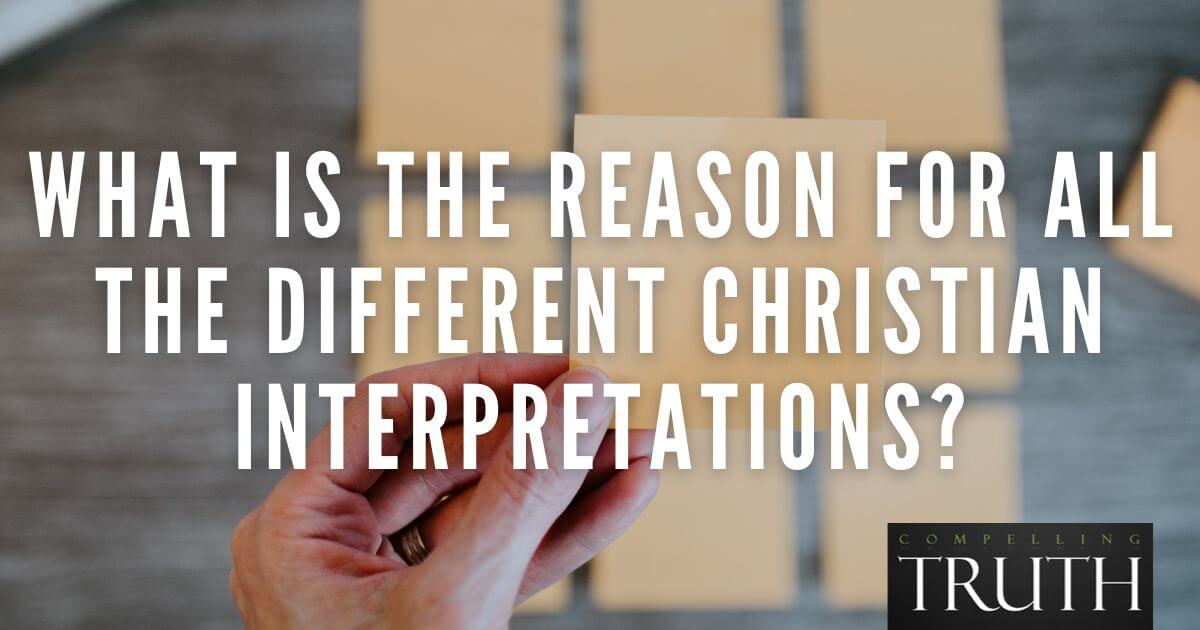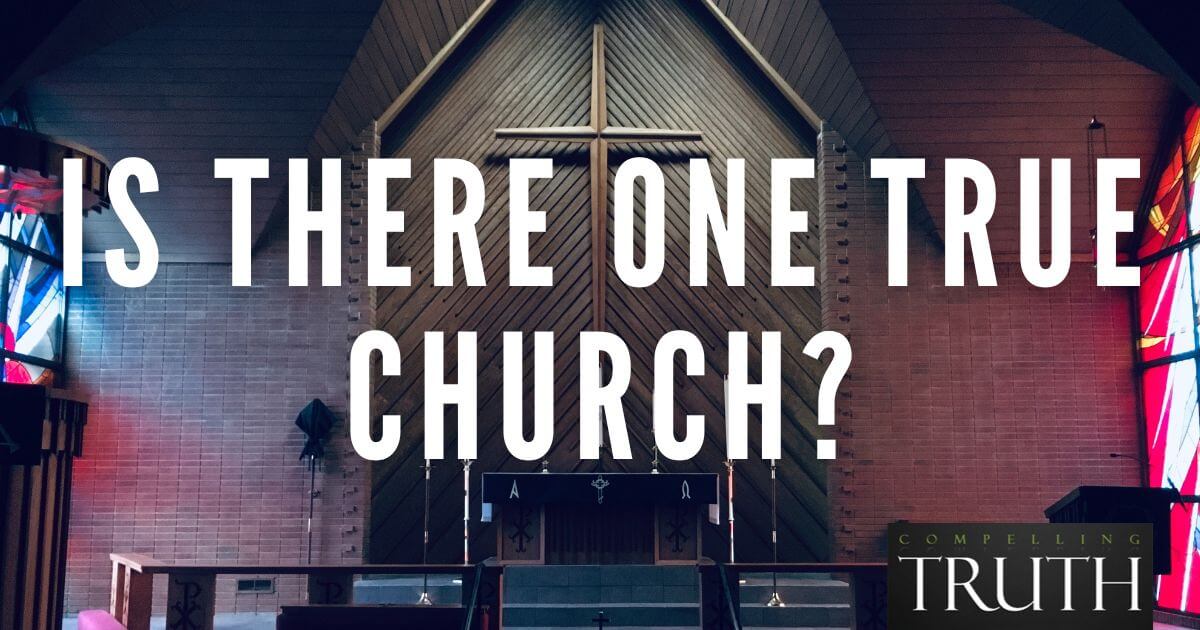When people refer to "mainline denominations," they generally mean the "old" denominations that have long been active in the U.S., and have deep historical roots, some reaching back to the Protestant Reformation. These denominations came in to the U.S. from all over Europe, or were developed from a similar denomination already established in Europe. The mainline denominations contrast significantly with evangelical churches in a number of ways, and yet they were, at one time, nearly parallel theologically.
Which denominations are mainline? There are a few slightly altering opinions on this. William Hutchison coined the term "seven sisters of American Protestantism" in his 1989 book, Between the Times, a group of seven denominations which differs only by adding one denomination to the list used by Barna Group as of 2009. However, the list used by Barna has become the standard measure of which churches are "mainline," and is likely the most correct according to belief, history, and popularity. They consider the following denominations to be mainline:
- American Baptist Churches in the USA
- The Episcopal Church
- The Evangelical Lutheran Church in America
- The Presbyterian Church (USA)
- The United Church of Christ
- The United Methodist Church
From the perspective of evangelicals, these denominations are considered over-compromising with cultural moves, and thus "liberal," or unwilling to stick with certain doctrinal stances, and thus "theologically liberal." Many of these denominations now have mirror denominations which are focused on remaining more conservative than their older counterparts (for instance, the Evangelical Lutheran Church in America vs. the Lutheran Church Missouri Synod, or the Presbyterian Church, USA vs. the Presbyterian Church in America). However, from the standpoint of many mainline congregations, evangelical churches are no longer connected to the "vine" of theology passed down from doctrinal forebears, and are either too morally stringent (in the case of fundamentalists) or too irreverent or informal (in the case of Charismatic movements and standard megachurches).
Mainline churches and evangelical churches all fit under the umbrella of Protestantism, and as such have many similar beliefs. But each has differing views on one or more distinctive doctrinal concerns, such as baptism, Communion, liturgy, monergism/synergism, along with social concerns such as marriage and social justice (how it should be carried out, not whether it should be). These doctrines and concerns will not likely be agreed upon until Christ's return, but they do help us differentiate between various arms of the Protestant world—though no measurement is exact.
Which denominations are mainline? There are a few slightly altering opinions on this. William Hutchison coined the term "seven sisters of American Protestantism" in his 1989 book, Between the Times, a group of seven denominations which differs only by adding one denomination to the list used by Barna Group as of 2009. However, the list used by Barna has become the standard measure of which churches are "mainline," and is likely the most correct according to belief, history, and popularity. They consider the following denominations to be mainline:
- American Baptist Churches in the USA
- The Episcopal Church
- The Evangelical Lutheran Church in America
- The Presbyterian Church (USA)
- The United Church of Christ
- The United Methodist Church
From the perspective of evangelicals, these denominations are considered over-compromising with cultural moves, and thus "liberal," or unwilling to stick with certain doctrinal stances, and thus "theologically liberal." Many of these denominations now have mirror denominations which are focused on remaining more conservative than their older counterparts (for instance, the Evangelical Lutheran Church in America vs. the Lutheran Church Missouri Synod, or the Presbyterian Church, USA vs. the Presbyterian Church in America). However, from the standpoint of many mainline congregations, evangelical churches are no longer connected to the "vine" of theology passed down from doctrinal forebears, and are either too morally stringent (in the case of fundamentalists) or too irreverent or informal (in the case of Charismatic movements and standard megachurches).
Mainline churches and evangelical churches all fit under the umbrella of Protestantism, and as such have many similar beliefs. But each has differing views on one or more distinctive doctrinal concerns, such as baptism, Communion, liturgy, monergism/synergism, along with social concerns such as marriage and social justice (how it should be carried out, not whether it should be). These doctrines and concerns will not likely be agreed upon until Christ's return, but they do help us differentiate between various arms of the Protestant world—though no measurement is exact.



